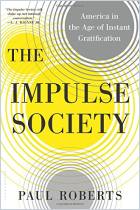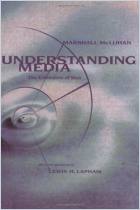
Captains of Consciousness
Advertising and the Social Roots of the Consumer Culture
Read offline
Recommendation
In the first decades of the 20th century, American business needed to create a mass market for the cars, furniture and beauty products flying off its assembly lines. The solution, says Hunter College professor Stuart Ewen, was psychologically informed ad copy ruthlessly targeting people’s deepest fears and desires and encouraging palliative purchasing and self-criticism. “Suspect yourself first,” ran one headline touting Listerine mouthwash. The good life is just out of your reach, asserted the ads, unless you combat bad breath, acne or body odor with mass-produced products. Published in 1976, Ewen’s classic study focuses mostly on the 1920s. His descriptions of how the industrialists of that era deliberately created today’s consumer society are fascinating. His ideas are so provocative, that it is unfortunate that his unavoidably out-of-date and verbose academic style makes them difficult to decode. Nevertheless, getAbstract recommends this classic text to students, entrepreneurs – who may want to understand classic advertising techniques – and ad and public relations professionals interested in the origins of modern marketing.
Summary
About the Author
Hunter College professor Stuart Ewen studies consumerism, aesthetics and media. He is the chair of the college’s Department of Film & Media and the author of All Consuming Images: The Politics of Style in Contemporary Culture and PR! A Social History of Spin.




















Comment on this summary or Start Discussion